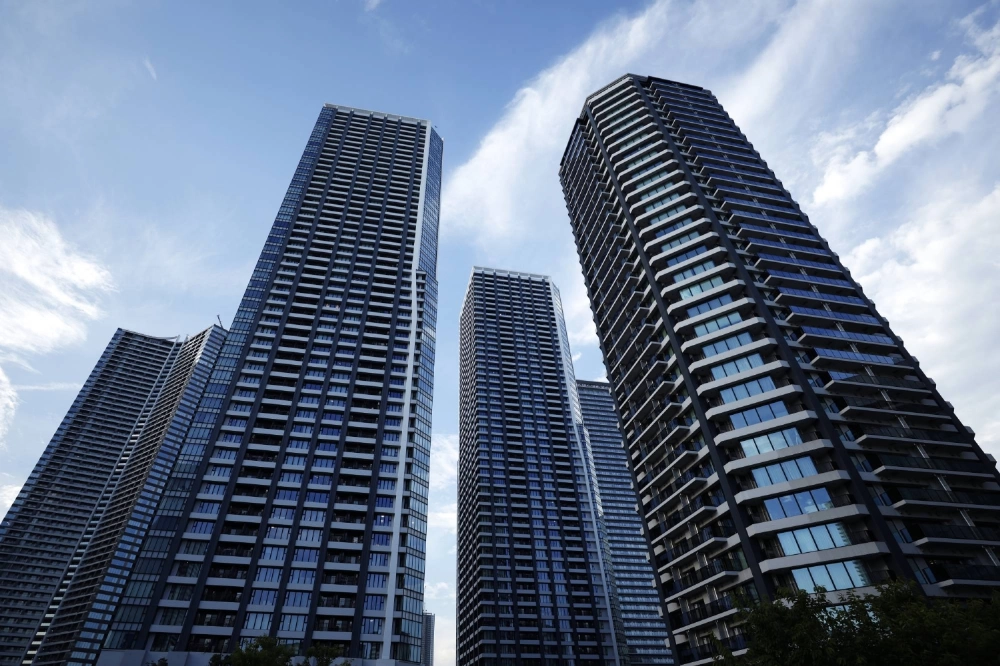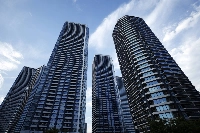Rising bond yields in Japan have attracted a new group of buyers to government debt — condominium associations.
The associations, which typically have held money for building repairs in bank accounts, have started to invest in bonds to try and keep pace with inflation. Prices for construction materials have jumped more than 40% since 2015, according to the Construction Price Research Institute.
The country’s condominiums face a "double aging” problem — both the buildings and owners are getting older. About half of household heads are in their 60s or 70s. Many residents live on pensions and may struggle to cover repair costs beyond existing reserves, raising concerns about neglected buildings and urban decline.
"Replacing a motor for an automatic door, which used to cost around ¥600,000 ($4,700) five years ago, now costs about ¥1 million,” said Haruhiko Ota, who oversees a condo in Tokyo’s Adachi Ward with about ¥800 million in repair reserve funds. "If we don’t invest, the funds will lose value.”
Continued inflation could make current savings insufficient for large-scale repairs. According to the Ministry of Land, Infrastructure, Transport and Tourism’s condo survey, about 37% of associations already had reserve fund shortfalls in fiscal year 2023.
Yields on Japan’s 30-year government bond have reached record highs this year driven by concerns over sticky inflation and rising fiscal risks. That’s lured associations such as the Parkhouse Yokohama Shinkoyasu Garden, which started investing in December 2024 and now holds ¥250 million in government and corporate bonds from two financial companies.
"There was little opposition,” said Kenta Nomura, vice chair of the group, noting that rate hikes by the Bank of Japan made residents more receptive.



















With your current subscription plan you can comment on stories. However, before writing your first comment, please create a display name in the Profile section of your subscriber account page.